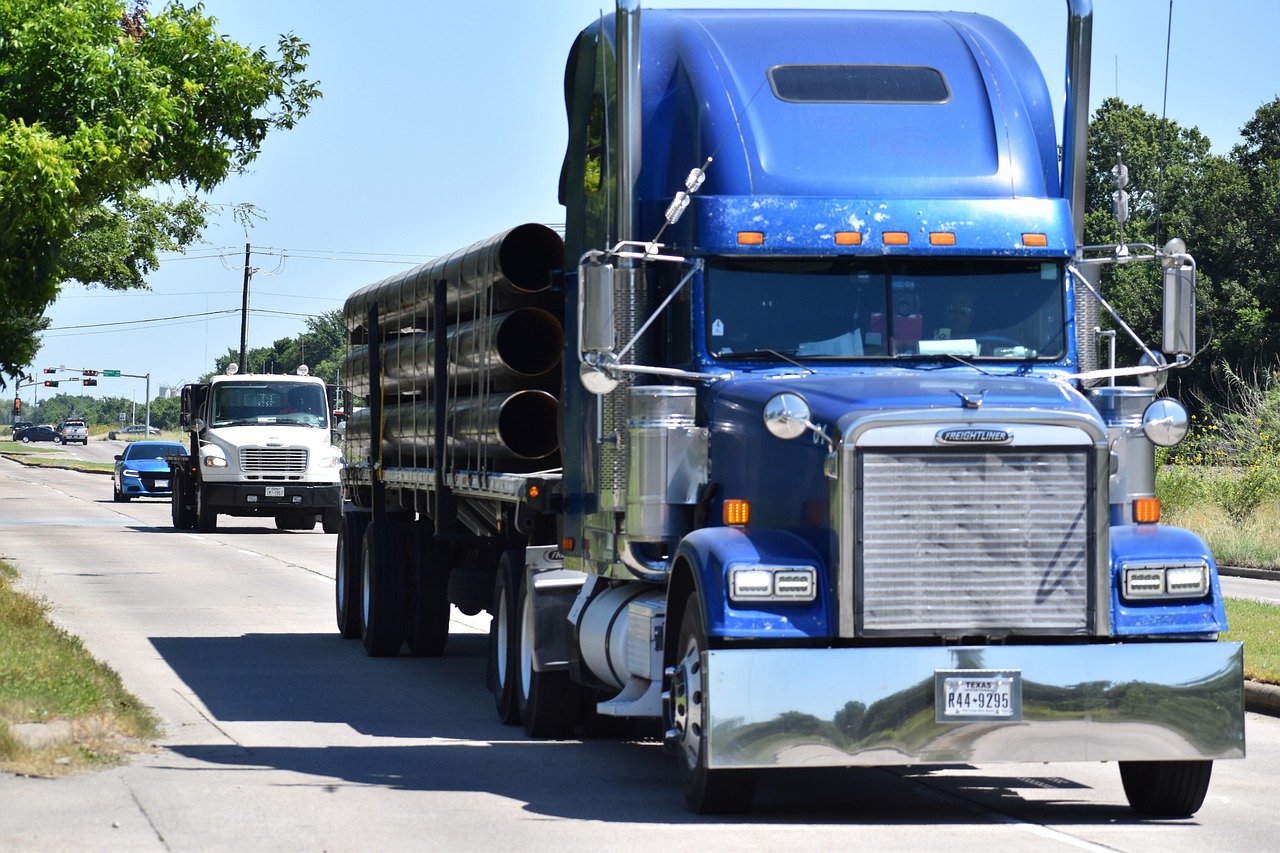Being informed about your rights and the types of compensation available can empower you to make better decisions and ensure you receive the fair outcome you deserve.
Being involved in a commercial truck accident can be overwhelming and complicated. The legal processes, regulations, and potential liabilities are far more complex than those encountered in standard car accidents. This blog article will discuss five key aspects you should be aware of when dealing with commercial truck accidents, including liability, regulations, evidence collection, filing deadlines, and the types of compensation available. It’s crucial to understand these elements to navigate your case effectively and ensure you receive the fair outcome you deserve.
Understanding Liability in Commercial Truck Accidents
Liability in commercial truck accidents can be complex due to the number of parties involved. Unlike regular car accidents, the truck driver, trucking company, and even the truck manufacturer might all share liability. It’s essential to understand that federal regulations, enforced by the Federal Motor Carrier Safety Administration (FMCSA), govern commercial trucking operations. These regulations require thorough documentation, which can help in proving liability. Knowing who is liable can significantly impact the compensation you may receive.
Federal and State Regulations
Commercial trucks are subject to both federal and state regulations, which can vary significantly. The FMCSA sets federal standards, but each state has the authority to impose additional rules. For example, states can regulate the maximum truck weight and length allowed on their roads. It’s crucial to be aware of these dual regulatory frameworks, as they can affect how the accident is adjudicated. Legal expertise from an attorney like those at, Bangel, Bangel & Bangel, L.L.P., can help navigate these intricate layers of regulations to ensure you are fully informed.
Importance of Evidence Collection
Evidence in commercial truck accidents is paramount due to the scale and complexity of these incidents. Critical pieces of evidence include the truck’s “black box” data, driver logs, and cargo records. Eyewitness accounts and police reports also play a vital role in building a strong case. Securing and preserving this evidence promptly can make a significant difference in legal proceedings. Proper documentation helps corroborate your claims and ensure a fair outcome.
Time Limits for Filing a Claim
Statutes of limitations define the time limits for filing a claim after a commercial truck accident. These timeframes can vary from state to state, typically ranging from one to six years. Missing this window can result in forfeiting your right to pursue legal action and receive compensation. It’s essential to consult with legal counsel to ensure you are within the required timeframes. Prompt action helps in preserving evidence and securing witness testimonies.
Compensation and Damages

Understanding the types of compensation available after a commercial truck accident is crucial. You may be entitled to economic damages like medical bills, lost wages, and property damage. Non-economic damages such as pain and suffering or emotional distress might also be claimed. In some cases, punitive damages could be awarded if gross negligence is proven. Knowing the full spectrum of potential compensation can help you evaluate any settlement offers you receive.
Commercial truck accidents involve a unique set of challenges that differentiate them from typical car accidents. Understanding these intricacies—from liability and regulations to evidence collection and filing deadlines—is essential for successfully navigating the legal landscape. Being informed about your rights and the types of compensation available can empower you to make better decisions and ensure you receive the fair outcome you deserve. If you find yourself involved in a commercial truck accident, seeking the expertise of a specialized attorney can provide invaluable guidance.


Join the conversation!